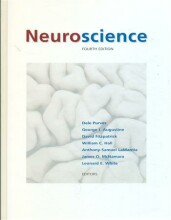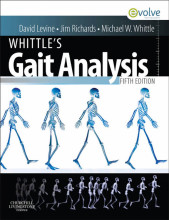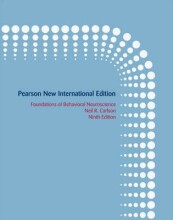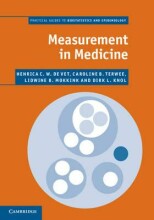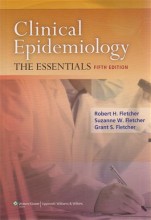Summary: Practical Torture Spss
- This + 400k other summaries
- A unique study and practice tool
- Never study anything twice again
- Get the grades you hope for
- 100% sure, 100% understanding
Read the summary and the most important questions on Practical torture SPSS
-
1 Practical torture SPSS
This is a preview. There are 24 more flashcards available for chapter 1
Show more cards here -
When is data normally distributed?
Visual normal distribution
Zskew= Skew/SE skew
Zkurt=Kurt/Se kurt
Zskew/Zkurt needs to be less than 2
Shapiro wilkinson more than 0,05
Kolgorov smirnof- more than 0,05 data set larger than 50 -
Linear regression with categorical/continuous variables
-Need to use Multiple Linear regression
For categorical variables:
-Create dummy variables: "recode into different variables"(SPSS):
dummy 1: xVSy(1,0)
dummy2: zVSy (2,0) -
How do you do a frequency analysis?
Analyze-descriptive statistics- frequencies -
How do you calculate risks for the 2x2 in SPSS?
Analyze-descriptive statistics- crosstabs choose statistics and select risk -
How do you check associations between dichotomous and categorical variable? and between two categorical variables?
t-test for dichotomous and categorical variable
Chi square test between to categorical variables-> analyse -descriptive statistics- crosstabs select statistics-> chi square if available look at fishers exact test otherwise pearson chi square. -
What is the chi square?
A test of statistical independence
Chi-square can be used with nominal and ordinal variables.
if sign< .05, then the test is deemed to be statistically significant variables are dependent
1. no direction of association
2 no strength of association -
When to use fishers exact test?
Fisher's exact test is used when you have two nominal variables, is more accurate than chi square. It is an hypothesis test, just telling you whether there is a significant different or not (nothing about the size of difference).
Two uses:
1. in 2x2 it can test if the rows and columns are independent (if p>0,05)
2. If two population proportions are equal or not -
How to check for confounding via regression?
When you move from a simple regression to multiple regression:
If the inclusion of a possible confounding variable in the model causes the regression coefficient of the primary risk factor to change by 10% or more, then the additional variable is a confounder. -
How can you see in a multiple regression which variables are more relatively important?
The magnitude of the T value -
When do you use a linear regression?
Simple linear regression- one explanatory variable and one outcome variable
If there are more explanatory variables it is a multiple linear regression
where the outcome variable is a continuous variable and independent variables Xare usually continuous (but can also be binary, e.g. when the linear model is used in a t-test) or other discrete domains
- Higher grades + faster learning
- Never study anything twice
- 100% sure, 100% understanding




















